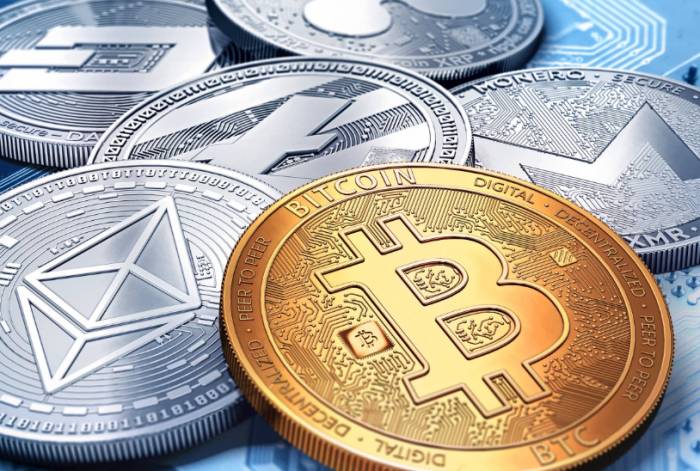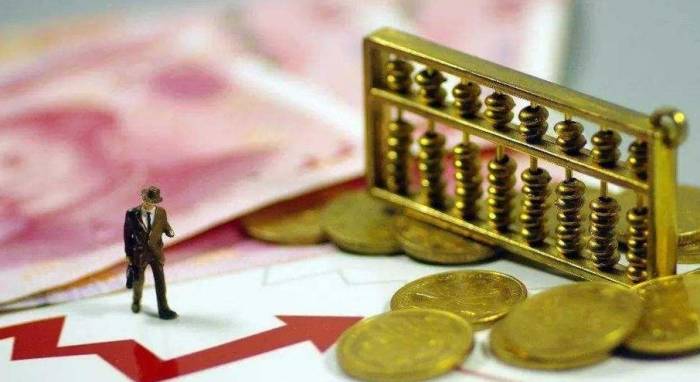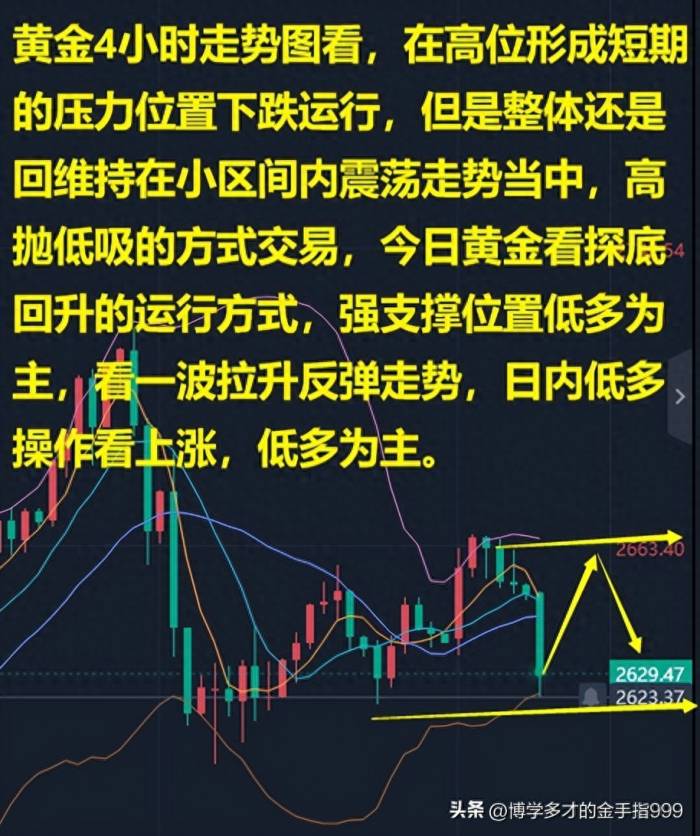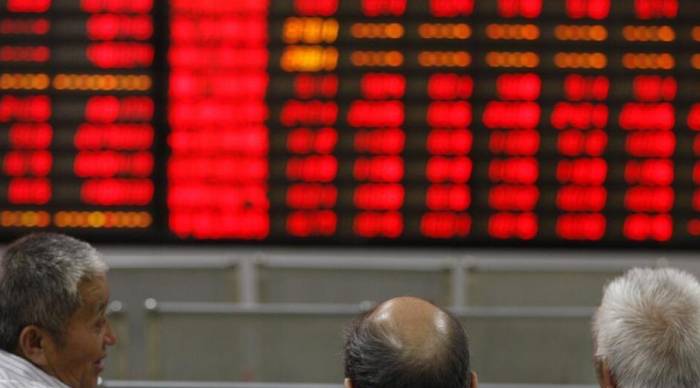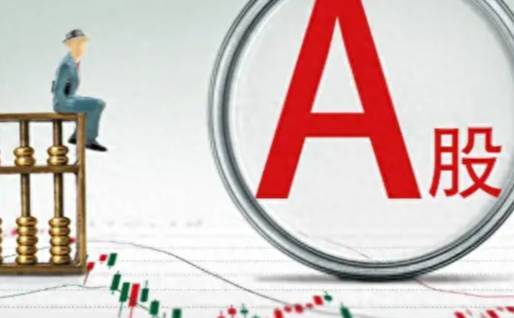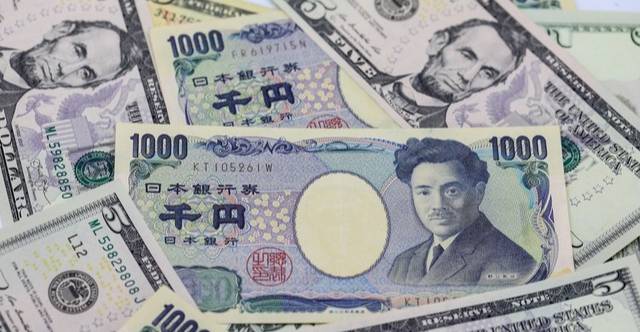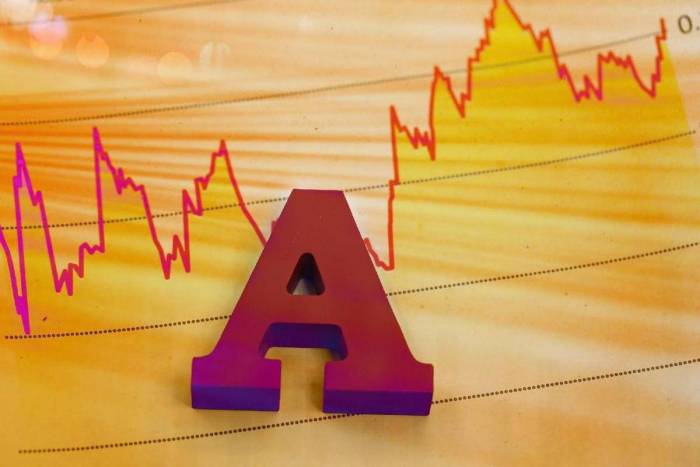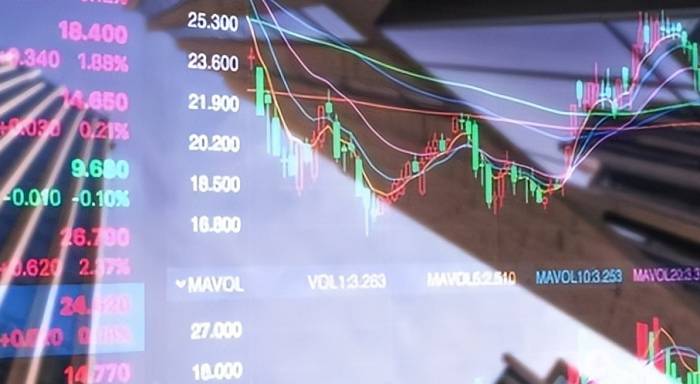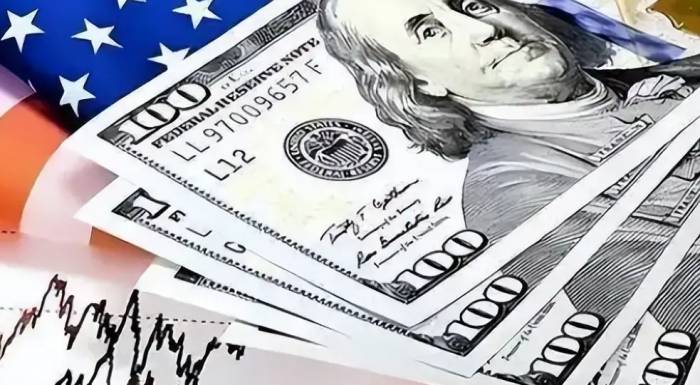The latest inflation figures from Tokyo have had a profound impact on the financial markets, particularly enhancing the fortunes of the Japanese yen and instigating fresh speculations on upcoming interest rate adjustments by the Bank of Japan. Following the release of strong inflation data, the yen staged an impressive rally, rising approximately 1%, signaling to traders that the Japanese central bank may soon be inclined to raise interest rates in December.
This sudden leap in the value of Japan's currency contrasts sharply with the performance of international equity markets, which faced a subdued atmosphere due to the US Thanksgiving holiday; trading there had come to a standstill. In a wider context, Asia's markets reacted positively, with the MSCI Asia-Pacific Index excluding Japan moving up by 0.4%. However, overall performances in Asian stocks throughout the week remained relatively lackluster.
Within this landscape, the Japanese Nikkei index experienced a slight downturn of 0.3%, driven largely by the yen's spike following the inflation report, causing a notable sag in the index for November that surpassed 2%—its worst monthly performance since April. This seems to reflect broader concerns about inflation pressures and their effects on the economic landscape moving forward.
Recent data highlights a robust increase in core consumer prices in Japan for the month of November, consistently surpassing the Bank of Japan’s target of 2%. This spike in inflation further emphasizes rising price pressures in the economy, raising critical questions about future monetary policy amid changing market dynamics.
The USD/JPY currency exchange showed approximately a 1% dip, landing at around 150.14 yen. At one point, it touched a low of 149.77 yen, a figure not seen since October 21. The decline of about 3% against the yen this week marks the most significant drop since late July, igniting discussions about potential shifts in the currency's trajectory.
Market analysts are now estimating a 60% likelihood that the Bank of Japan will decide to raise interest rates at their December meeting, a significant shift from the uncertainty observed before these inflation data were released. Concerns around sluggish economic growth and yen depreciation have intensified the sense of urgency for action from the central bank, compelling traders to reassess the likelihood of impending rate changes.
ING analysts noted that the acceleration of inflation coupled with a steadily recovering economic activity creates a stronger case for potential policy adjustments from the Bank of Japan. “There's no denying the pressures that are building,” they stated, highlighting the pivotal moments that lie ahead for Japan’s economic strategy.
As US markets remained shuttered for the Thanksgiving holiday, many traders extended their pause into the weekend, leading to minimal activity across financial markets. On Wall Street, futures for the S&P 500 and NASDAQ saw slight gains, with increases around 0.5%. Meanwhile, European markets remain mixed, with the EUROSTOXX 50 futures dipping slightly by 0.1% while some commodity indices indicated modest gains.
Significantly, as Japan resumed its cash markets, there was a noted decrease in government bond yields. The yield on the 10-year US Treasury declined by 2 basis points to 4.240%, marking a one-month low and a significant 17 basis points decrease over the course of the week—the most pronounced drop since early September.
This week, the US dollar (DXY) also faced a decline of approximately 1.5% against major currencies, instigated by rekindled hopes for a potential interest rate cut by the Federal Reserve in December. Data from the Chicago Mercantile Exchange's FedWatch Tool indicated that the probability of a quarter-point cut by the Fed has shifted from 55% last week to 63% this week, as market expectations rapidly evolve.
In Europe, the situation has been dynamic as well—France's borrowing costs rose to their highest levels since 2012, eclipsing Germany’s rates, a situation that raised eyebrows among investors. The political climate in France is fraught, with Michel Barnier backtracking on plans to increase electricity taxes in the 2025 budget, unveiling the considerable pressure from the far-right, who threatened governmental stability without relief for the working class.
Meanwhile, Germany reported a lower-than-expected inflation rate for November, a development that has given rise to concerns about the Eurozone's inflation metrics potentially following suit when they are announced later. Despite ECB board member Isabel Schnabel suggesting a measured approach towards interest rate cuts, market sentiment remains tilted towards the expectation of a 25 basis point reduction at the upcoming December meeting.
On the commodities front, oil prices experienced an uptick following a ceasefire agreement between Israel and Hezbollah in Lebanon, yet overall prices are projected to decline for the week. West Texas Intermediate crude futures saw a rise of 0.6%, reaching $69.12 per barrel, despite this weekly climb translating into a 2.9% decline overall.
Moreover, as the US dollar loses its strength, gold prices have risen by 0.8%, bringing the valuation up to $2,662.36 per ounce. Nevertheless, gold is still expected to drop about 3% for the month, marking its most significant downturn in over a year, indicating a turbulent navigation through this complex international financial landscape.
